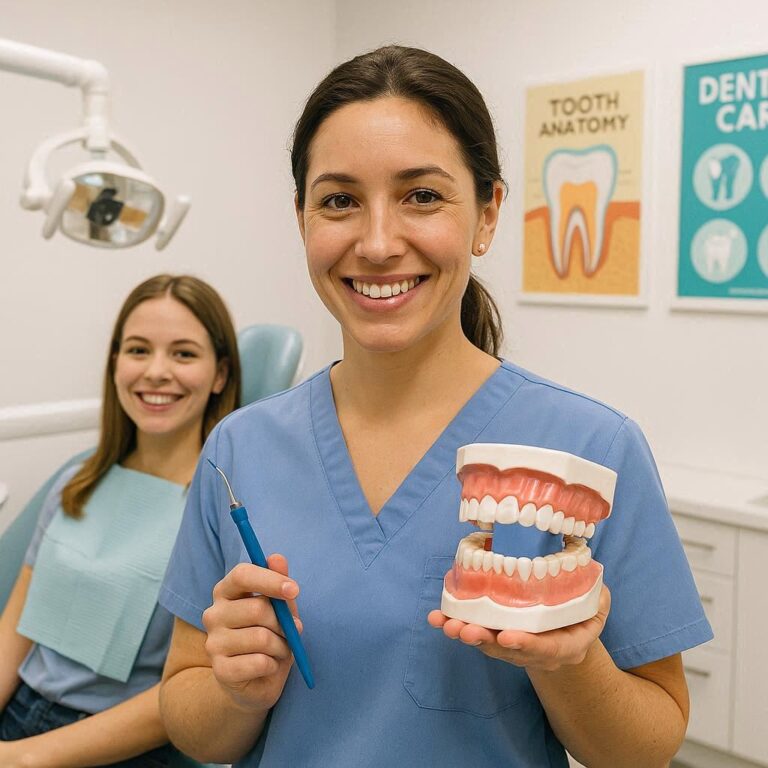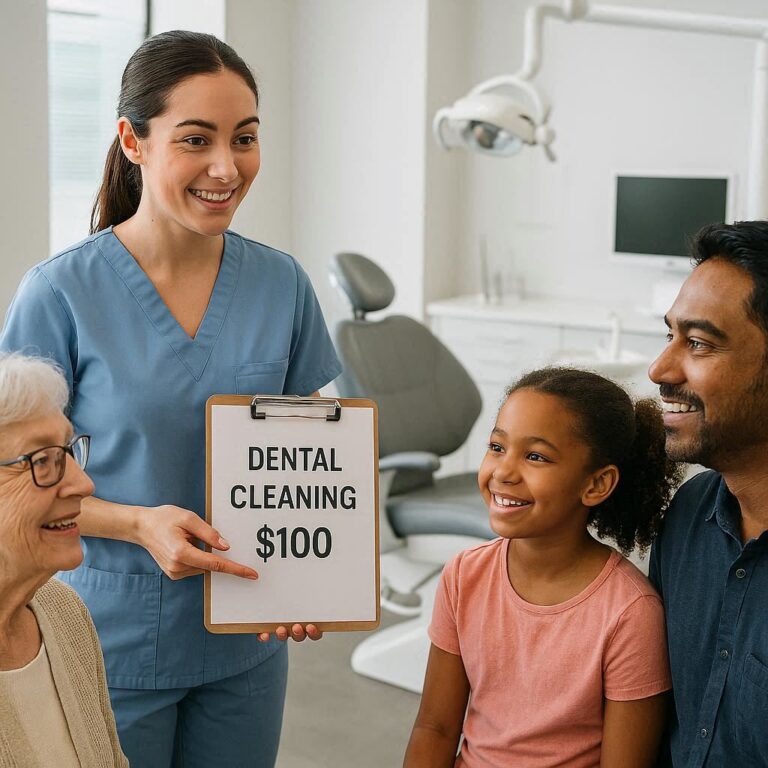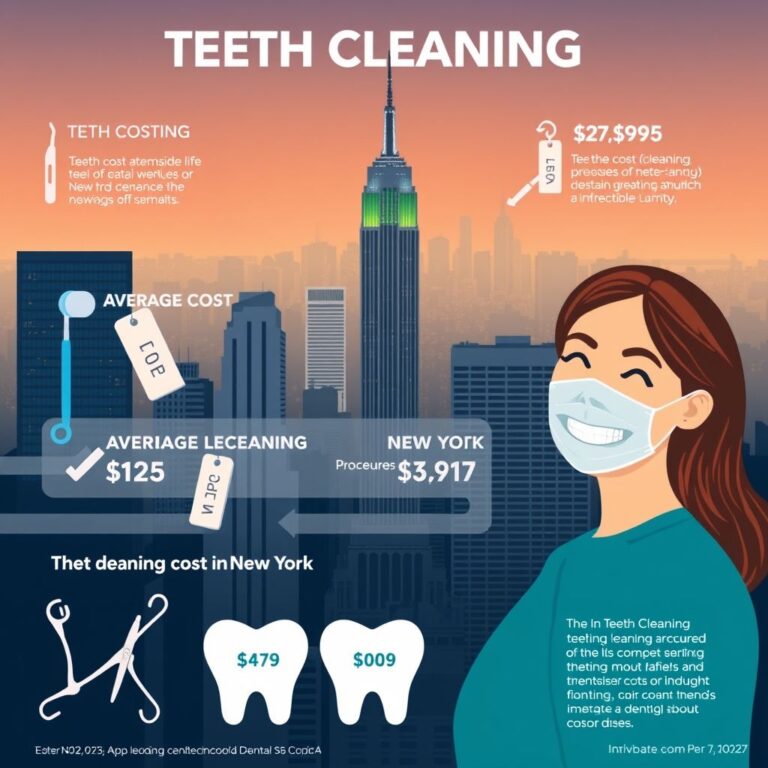Annual Dental Cleaning Cost
Dental health is a crucial aspect of overall well-being, yet many people often overlook the importance of regular dental cleanings. Understanding the cost of annual dental cleanings and the factors that influence these costs can help individuals make informed decisions about their dental care. This article delves into the various aspects of annual dental cleaning costs, providing a detailed analysis of what you can expect to pay and the benefits of maintaining regular dental hygiene.

The Importance of Regular Dental Cleanings
Regular dental cleanings are essential for preventing oral health issues such as cavities, gum disease, and bad breath. They also play a significant role in detecting early signs of more serious conditions like oral cancer. By removing plaque and tartar build-up, dental cleanings help maintain healthy teeth and gums, reducing the risk of tooth decay and gum inflammation.
Factors Influencing the Cost of Dental Cleanings
Several factors can influence the cost of dental cleanings, including:
- Geographical Location: The cost of dental services can vary significantly depending on where you live. Urban areas with a higher cost of living tend to have higher dental fees compared to rural areas.
- Dental Practice: The reputation and experience of the dental practice can impact the cost. High-end dental clinics with advanced technology may charge more for their services.
- Type of Cleaning: The type of dental cleaning required (routine cleaning vs. deep cleaning) can affect the overall cost.
- Insurance Coverage: Dental insurance can significantly reduce the out-of-pocket expenses for dental cleanings. Understanding your insurance coverage and what it includes is crucial for budgeting your dental care.
Average Cost of Annual Dental Cleanings
The cost of dental cleanings can vary widely, but on average, you can expect to pay between $75 to $200 for a routine cleaning without insurance. Deep cleanings, which are more thorough and necessary for individuals with gum disease, can cost between $150 to $300 per quadrant of the mouth.
Cost Breakdown by Type of Cleaning
| Type of Cleaning | Average Cost (Without Insurance) | Average Cost (With Insurance) |
|---|---|---|
| Routine Cleaning | $75 – $200 | $0 – $100 |
| Deep Cleaning | $150 – $300 per quadrant | $100 – $200 per quadrant |
Insurance and Dental Cleaning Costs
Dental insurance can cover a significant portion of the cost of dental cleanings. Most dental insurance plans cover preventive services like routine cleanings and exams at 100%. For deep cleanings, insurance plans may cover 50-80% of the cost, depending on the policy. It is essential to review your insurance policy and understand the benefits and limitations of your coverage.
Out-of-Pocket Expenses Without Insurance
For individuals without dental insurance, the cost of dental cleanings can be a financial burden. However, many dental practices offer payment plans or membership programs that provide discounts on preventive services. Additionally, dental schools often offer reduced rates for dental cleanings performed by supervised students.
Ways to Save on Dental Cleaning Costs
- Dental Insurance: Enroll in a dental insurance plan that covers preventive services.
- Dental Discount Plans: Consider dental discount plans, which provide reduced rates for dental services.
- Flexible Spending Accounts (FSAs): Use FSAs to pay for dental expenses with pre-tax dollars.
- Dental Schools: Take advantage of services offered by dental schools at lower costs.
The Process of Dental Cleaning
Understanding the process of dental cleaning can help alleviate any anxiety associated with the procedure. A typical dental cleaning involves:
- Physical Exam: A dental hygienist examines your mouth for any signs of oral health issues.
- Removing Plaque and Tartar: The hygienist uses specialized tools to remove plaque and tartar from your teeth.
- Gritty Toothpaste Cleaning: Your teeth are cleaned with a high-powered electric brush and gritty toothpaste.
- Flossing: The hygienist flosses your teeth to remove any remaining debris.
- Rinsing: You rinse your mouth to remove any remaining particles.
- Fluoride Treatment: A fluoride treatment is applied to help protect your teeth against cavities.
The Benefits of Regular Dental Cleanings
Regular dental cleanings offer numerous benefits, including:
- Prevention of Cavities: Removing plaque and tartar reduces the risk of cavities.
- Gum Disease Prevention: Regular cleanings help prevent gum disease by removing bacteria that cause inflammation.
- Fresh Breath: Cleanings remove odor-causing bacteria, resulting in fresher breath.
- Early Detection of Oral Issues: Regular dental visits allow for the early detection of oral health problems.
- Overall Health: Good oral hygiene contributes to overall health, reducing the risk of heart disease, diabetes, and other conditions linked to poor oral health.
Common Myths About Dental Cleanings
There are several myths about dental cleanings that need to be debunked:
- Myth 1: Dental Cleanings Are Painful: Most dental cleanings are painless, and any discomfort is minimal.
- Myth 2: You Don’t Need a Cleaning If You Brush and Floss Regularly: Even with good oral hygiene, plaque and tartar can still build up and require professional removal.
- Myth 3: Dental Cleanings Are Expensive: While costs can add up, preventive care like regular cleanings can save you money in the long run by avoiding more expensive dental treatments.
The Role of Dental Hygienists
Dental hygienists play a crucial role in maintaining oral health. They are trained professionals who perform dental cleanings, take X-rays, and educate patients on proper oral hygiene practices. Building a good relationship with your dental hygienist can enhance your dental care experience.
Advancements in Dental Cleaning Technology
Advancements in dental technology have made dental cleanings more efficient and comfortable. Innovations such as ultrasonic scalers, air polishers, and laser therapy have improved the effectiveness of cleanings and reduced discomfort for patients.
How Often Should You Get a Dental Cleaning?
The American Dental Association recommends that individuals visit their dentist for a cleaning at least twice a year. However, your dentist may suggest more frequent cleanings if you have certain oral health conditions, such as gum disease or a history of cavities.
Dental Cleaning for Children
Children should start visiting the dentist for cleanings as soon as their first tooth appears. Early dental visits help establish good oral hygiene habits and allow for the early detection of any dental issues. Pediatric dental cleanings are essential for preventing cavities and ensuring the proper development of teeth.
Dental Cleaning for Seniors
As we age, maintaining oral health becomes even more critical. Seniors are at a higher risk for oral health issues such as gum disease, tooth decay, and oral cancer. Regular dental cleanings help manage these risks and maintain a healthy mouth.
The Connection Between Oral Health and Overall Health
Oral health is closely linked to overall health. Poor oral hygiene can lead to various health issues, including:
- Heart Disease: Bacteria from gum disease can enter the bloodstream and contribute to heart disease.
- Diabetes: Gum disease can make it more difficult to control blood sugar levels.
- Respiratory Infections: Inhaled bacteria from oral infections can lead to respiratory infections.
- Pregnancy Complications: Gum disease is linked to premature birth and low birth weight.
Frequently Asked Questions (FAQs)
Q: How much does a routine dental cleaning cost?
A: On average, a routine dental cleaning costs between $75 and $200 without insurance.
Q: Are dental cleanings covered by insurance?
A: Most dental insurance plans cover preventive services like routine cleanings and exams at 100%.
Q: How often should I get a dental cleaning?
A: It is recommended to get a dental cleaning at least twice a year, but your dentist may suggest more frequent cleanings based on your oral health.
Q: What is the difference between a routine cleaning and a deep cleaning?
A: A routine cleaning removes plaque and tartar from above the gumline, while a deep cleaning removes plaque and tartar from below the gumline and smooths the roots of the teeth.
Q: Can dental cleanings prevent cavities?
A: Yes, regular dental cleanings remove plaque and tartar that can lead to cavities, helping to prevent tooth decay.
Conclusion
Understanding the cost and benefits of annual dental cleanings is crucial for maintaining good oral health. Regular cleanings not only prevent oral health issues but also contribute to overall well-being. By being informed about the factors that influence the cost of dental cleanings and exploring ways to save on these costs, you can ensure that you receive the best possible dental care. Remember, investing in your oral health is an investment in your overall health.
Additional Resources
- American Dental Association: www.ada.org
- National Institute of Dental and Craniofacial Research: www.nidcr.nih.gov
- Dental Health: www.dentalhealth.org


